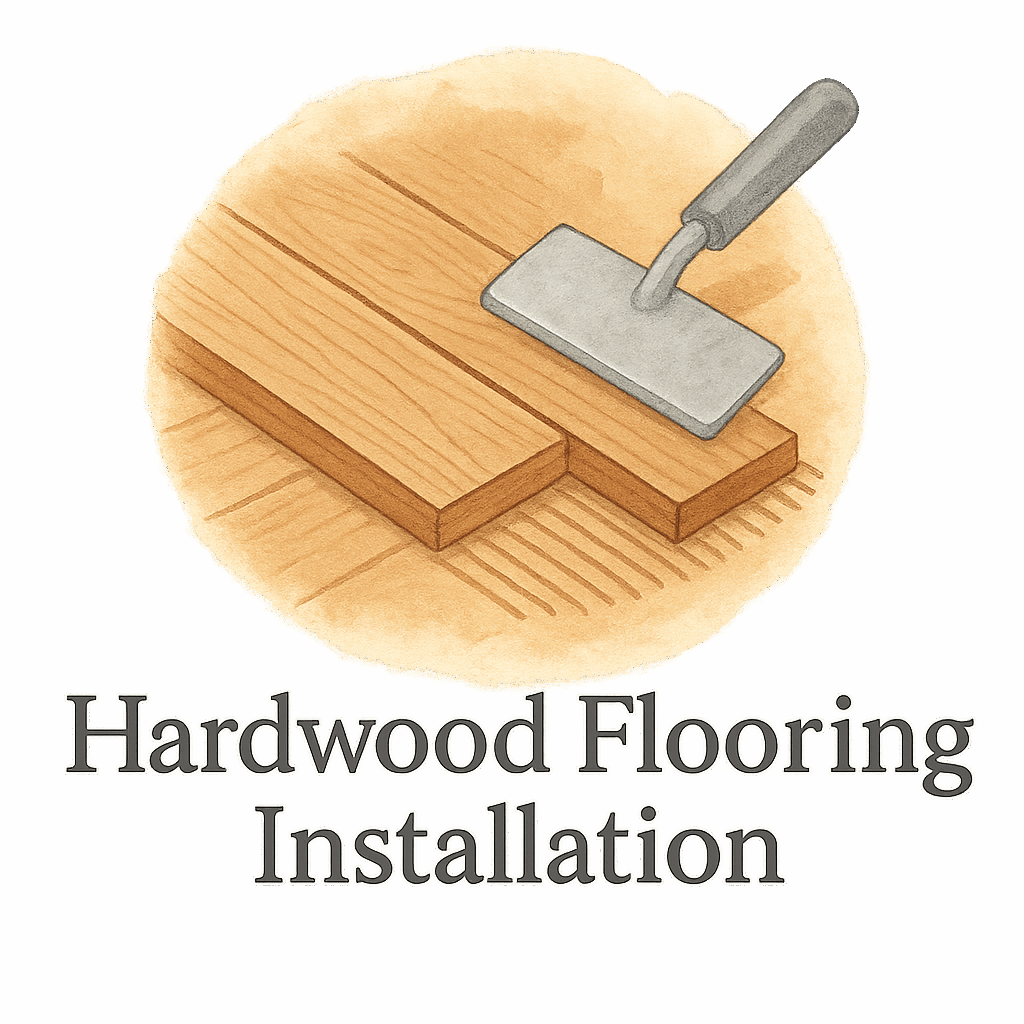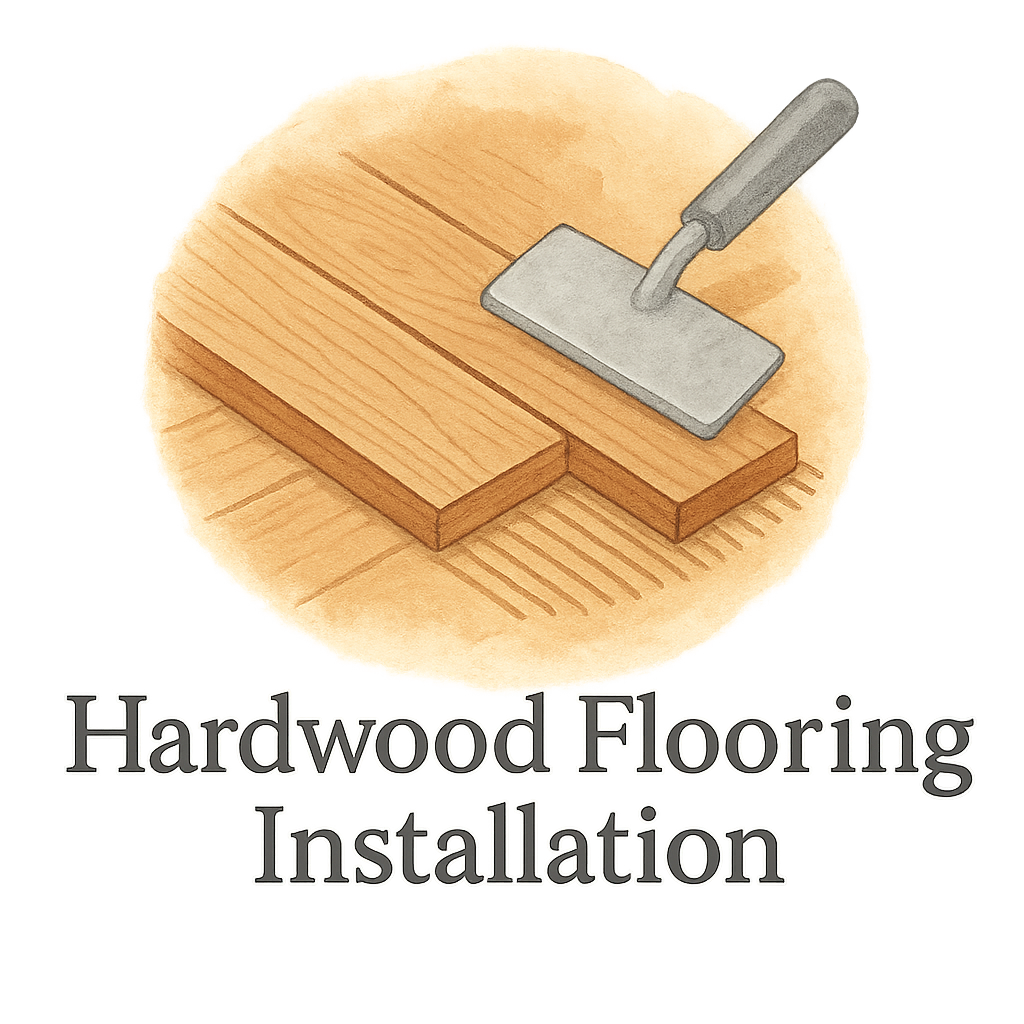Introduction
Choosing the best underlayments for hardwood flooring installation can be the difference between a long-lasting, quiet, and comfortable floor versus one riddled with squeaks, moisture issues, and costly repairs. If you’re installing hardwood, you’re not just laying boards—you’re building a foundation for your home’s future.
So, let’s dive into the top options on the market, how to pick the right one, and what you need to know to get the job done right the first time.
What Is Flooring Underlayment?
Purpose of Underlayment
Underlayment is a thin layer of material—foam, rubber, cork, or felt—placed between your subfloor and hardwood planks. Think of it as the secret sauce of flooring—it cushions impact, reduces sound, and evens out minor imperfections in the subfloor.
Importance in Hardwood Flooring
Hardwood floors are beautiful but sensitive. Without the right underlayment, they can shift, squeak, and warp over time. A solid underlayment protects your investment, making it a crucial component in any flooring preparation plan.
Factors to Consider When Choosing Underlayment
Choosing the right underlayment isn’t just about grabbing what’s on sale. Here’s what to look out for:
Subfloor Type
Is your subfloor concrete or plywood? If it’s concrete, you’ll need a moisture barrier. For wood, focus more on sound and cushioning.
Moisture Resistance
Moisture is hardwood’s worst enemy. Look for underlayments with built-in vapor barriers if you live in a humid area or are installing over concrete.
Soundproofing
Live in an upstairs unit or a house with kids? Sound-absorbing underlayments will save your sanity.
Thermal Insulation
Some underlayments add warmth by providing thermal insulation, especially useful if you’re in colder climates or considering radiant floor heating.
Ease of Installation
Some options are easier to install than others—perfect for those going the DIY flooring installation route.
Top 9 Best Underlayments for Hardwood Flooring
Let’s get to the good stuff. These are the top-rated, expert-recommended, and homeowner-approved underlayments for hardwood floors.
1. QuietWalk Plus
Best For: All-purpose performance
- Excellent sound absorption
- Compatible with radiant heating
- Built-in vapor barrier
QuietWalk Plus is a top choice for anyone who wants a little bit of everything—comfort, sound reduction, and moisture protection.
2. FloorMuffler UltraSeal
Best For: Superior moisture control
- Great for concrete subfloors
- Lightweight and easy to install
- High STC/IIC sound ratings
This one’s a favorite among professionals and makes a great pairing for floating hardwood installations.
3. Roberts Super Felt
Best For: Eco-conscious homeowners
- Made from recycled fibers
- Thick and dense, offering great sound control
- Affordable
It’s a fantastic balance of performance and sustainability.

4. Pergo Gold
Best For: Premium installations
- Top-tier vapor protection
- Smooths subfloor imperfections
- Comes with attached adhesive strips
If you’re looking to elevate your flooring experience, Pergo Gold is a go-to premium solution.
5. MP Global Insulayment
Best For: Glue-down or nail-down hardwoods
- Sound absorption designed for nail-down installations
- Excellent thermal insulation
- Naturally antimicrobial
Perfect for those opting for traditional installation methods.
6. TrafficMaster Premium
Best For: Budget-friendly comfort
- Easy to roll out and cut
- Decent moisture resistance
- Works well in light to medium-traffic areas
A solid option for small projects or tight budgets.
7. Eco Cork Foam (ECF)
Best For: Eco-friendly insulation
- Built-in 6 mil vapor barrier
- Hypoallergenic and mold-resistant
- Excellent cushioning
This one is highly rated in home improvement circles and ideal for allergy-sensitive households.
8. STEICO Wood Fiber
Best For: Natural and sustainable builds
- 100% natural wood fiber
- Breathable yet moisture-resistant
- Offers strong thermal and acoustic insulation
If you’re going green, this is your best bet.
9. Black Jack Underlayment
Best For: Easy DIY projects
- Pre-attached vapor barrier
- Lightweight and flexible
- Easy to trim and install
Pairs well with flooring tools and materials for a stress-free install.
DIY Tips for Installing Hardwood Underlayment
Step-by-Step Installation Guide
Installing underlayment isn’t rocket science, but doing it wrong can ruin your floor. Follow these steps to do it like a pro.
Preparing the Subfloor
- Clean thoroughly.
- Repair any cracks or uneven surfaces.
- Let it dry completely—especially if on concrete.
For help estimating prep time, check out this flooring cost & time estimation guide.
Laying the Underlayment Correctly
- Roll it out perpendicular to the direction of your hardwood planks.
- Overlap the seams by at least 2 inches (if required).
- Tape the seams shut or use pre-attached adhesive.
Common Mistakes to Avoid
- Skipping moisture tests.
- Not letting materials acclimate.
- Forgetting to stagger seams.
Need more DIY help? Our DIY guide collection has your back.
How Underlayment Affects Flooring Longevity
Using the right underlayment can add years to your hardwood’s life. It helps reduce stress on the planks, shields from moisture, and lowers the risk of cracks or shifting—especially in high-traffic areas.
Learn more about long-term flooring maintenance and repair to get the most from your investment.
Maintenance Tips for Floors with Underlayment
- Use rugs and pads to reduce wear.
- Keep humidity levels balanced.
- Clean spills immediately.
- Use hardwood-safe cleaners—see our tips on cleaning.
Good maintenance = fewer flooring mistakes and a much happier home.
Final Thoughts
There’s no one-size-fits-all solution when it comes to the best underlayments for hardwood flooring installation. Your final choice should depend on your subfloor type, environment, and budget.
Whether you’re going for the gold with Pergo or saving green with Eco Cork Foam, investing in the right underlayment today saves you time, money, and headaches tomorrow.
Need help choosing or installing? Our library of flooring tips, guides, and flooring planning resources has all the answers.
FAQs
1. What’s the best underlayment for moisture protection?
FloorMuffler UltraSeal offers exceptional vapor resistance and works well on concrete subfloors.
2. Can I reuse underlayment if I change my floors?
Usually not—underlayment is designed for single-use installations.
3. Is underlayment always necessary with hardwood flooring?
Yes, especially for floating floors. It enhances durability, soundproofing, and comfort.
4. What’s the easiest underlayment to install?
Black Jack Underlayment is perfect for DIY beginners due to its pre-attached vapor barrier.
5. Are cork underlayments better than foam?
Cork offers better sound and thermal insulation, while foam is cheaper and easier to install.
6. Does underlayment help with uneven subfloors?
Yes, especially thicker options like Roberts Super Felt can smooth out minor imperfections.
7. Where can I learn more about flooring layouts and patterns?
Explore our expert tips on flooring layout and patterns to design like a pro.


